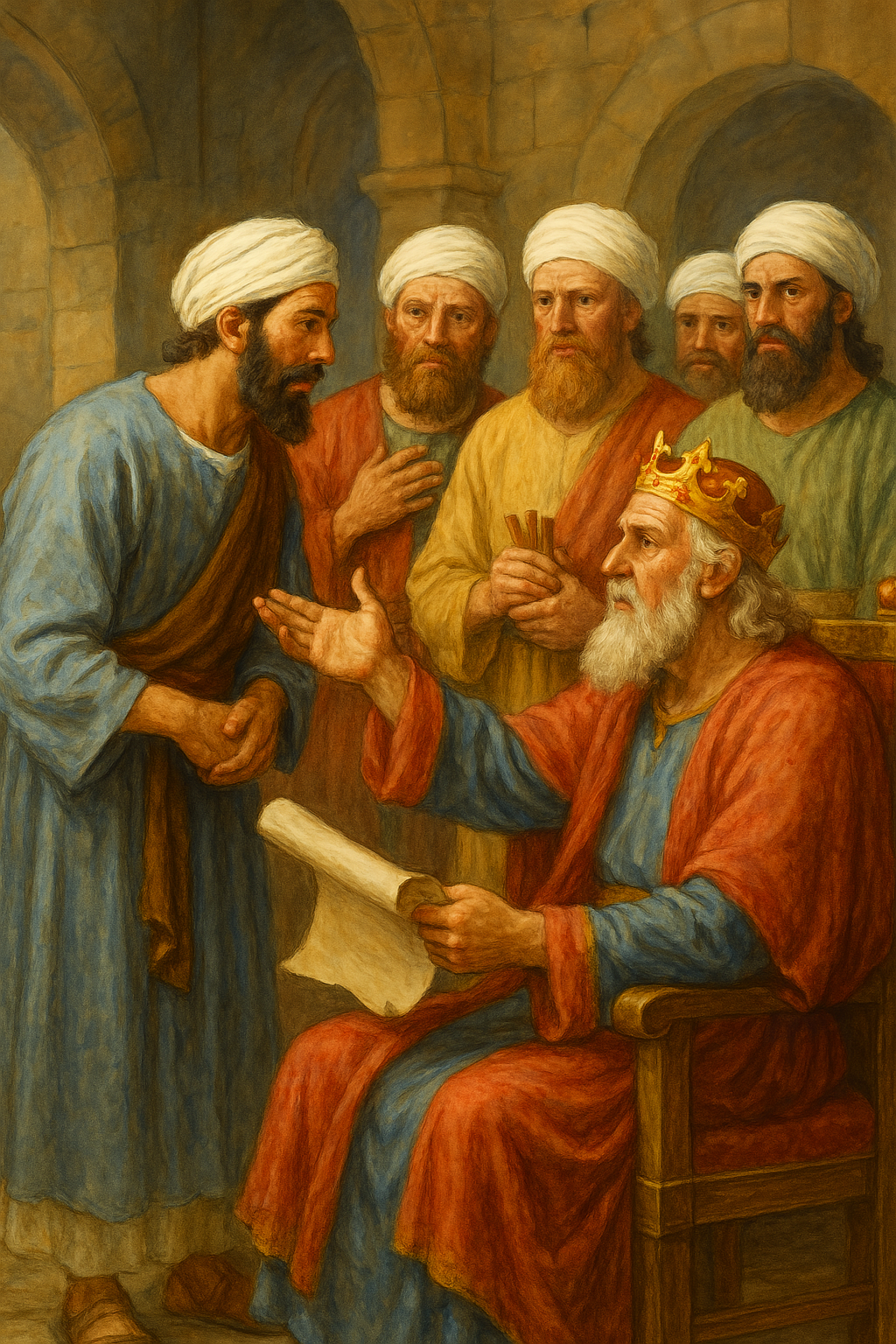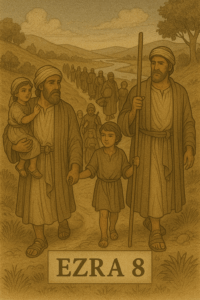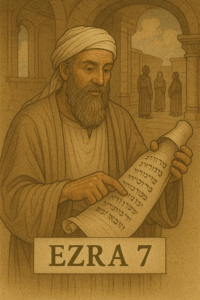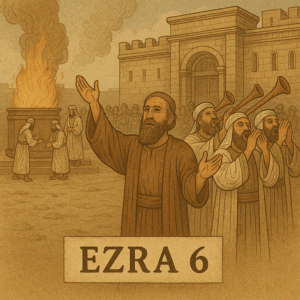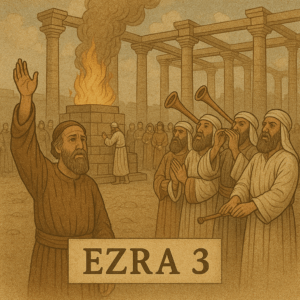1 Chronicles 24: God’s Perfect System for Priestly Ministry
While often overlooked, 1 Chronicles 24 contains profound wisdom about worship organization that still speaks to churches today. This chapter details how David and the high priest Zadok established 24 priestly divisions to serve in the temple – a system that continued through Jesus’ time (Luke 1:5).
The Sacred Lottery System (24:1-6)
David didn’t rely on human preference but used the Urim and Thummim (God’s method of revelation) to:
- Divide the descendants of Aaron into 24 family groups
- Establish equal service rotations
- Prevent favoritism or competition
This divine appointment process ensured fairness and acknowledged God’s sovereignty in ministry assignments.
The 24 Priestly Divisions (24:7-19)
The chapter meticulously lists each division by name, showing:
- The importance of every priestly family
- How responsibilities were shared equally
- The value of recording God’s servants
Remarkably, these divisions continued their service even after the temple’s destruction, demonstrating the endurance of God-ordained systems.
The Levitical Assistants (24:20-31)
The chapter concludes by mentioning the non-priestly Levites who:
- Supported the priests in their duties
- Were organized with the same care
- Played vital (though less visible) roles
This reminds us that behind every visible ministry are countless faithful supporters.
3 Timeless Principles for Modern Worship
- God values order – True worship requires structure and organization (1 Cor. 14:40)
- Ministry is a team effort – No one person or family monopolized temple service
- All service is sacred – From high priest to gatekeeper, every role mattered
Application for Today’s Church
Just as David organized the priests, we must:
- Recognize our unique assignments in God’s house
- Serve faithfully in our appointed seasons
- Value both visible and behind-the-scenes ministries
Reflection: Are you serving where God has placed you, or striving for positions He hasn’t ordained?
